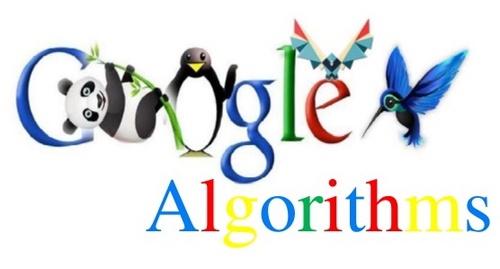Penguin, Hummingbird, and Pigeon are the updates which have been developed in Google’s constant effort to increase the relevancy of search queries to the results in SERPs. These changes to the ranking algorithm and core engine are also a way to penalize “black-hat” techniques. While Google regularly releases updates, there have been a few changes
Penguin, Hummingbird, and Pigeon are the updates which have been developed in Google’s constant effort to increase the relevancy of search queries to the results in SERPs. These changes to the ranking algorithm and core engine are also a way to penalize “black-hat” techniques. While Google regularly releases updates, there have been a few changes that all Digital Marketing Professionals need to fully comprehend.
- Penguin


Percentage of Queries Affected: 3.1% of English Queries; 4% Overall
It’s also known as the “Webspam Update“, this algorithm update targeted websites that relied on over-optimization tactics that violated Google’s Webmaster Guidelines. Particularly, this update targeted webmasters using black-hat SEO strategies such as the following
- Cloaking: The process of showing different content to Google and then pushing users to a different page after they have clicked on the original search result. This is regarded as deceptive and hurts the overall user experience.
- Link Schemes: The Penguin update penalized sites that used any spam/black-hat techniques to increase overall link popularity.
The update was necessary as many websites were able to mix-utilize article spinning and site manipulation to speed up their way to the top of SERPs. While there were not many significant amounts of search queries affected by this update, it set a solid precedent and reinforced guidelines to ensure high quality of search results.
- Hummingbird


Percentage of Queries Affected: 90% of searches worldwide
Hummingbird was launched towards the end of summer 2013. This update proved to be quite significant as it completely revamped Google’s search algorithm. It also changed the dynamics of managing strategic SEO. So, rather than serving results based on keywords, Google introduced this concept of semantic search, which focused on the user intent and context of a search.
Though it was not a big tilt with regards to a strategic approach to search engine optimization, yet maintaining an optimal keyword density is very essential. The new SEO Strategy requires adding semantic indexing to match keywords within website content to become optimized.
- Pigeon
Date: July 24, 2014
Percentage of Queries Affected: Varies according to industry
This update was initially rolled out in the US for English queries in July 2014; Pigeon was a search algorithm update that gave preference to local search results. Its goal was to provide a more relevant experience to users searching for local products and services. As a result of this, major directories such as Yelp, TripAdvisor, and Urbanspoon, saw greater visibility in search for localized queries.
All of these updates were intended to serve users the most relevant and useful content possible, while at the same time penalizing websites that don’t take the time to invest in building trust and authority with search engines.

